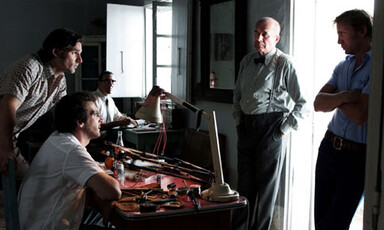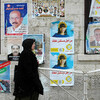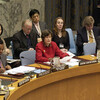
Munich, or Making Baklava
3 February 2006
“The best baklava is made by the Arabs in Jaffa,” insists the Mossad case officer to his chief agent in charge of assassinating those Palestinians Israel claims planned the Munich operation of 1972. Besides being excellent baklava-makers, we learn little else in Steven Spielberg’s film “Munich” about Jaffa’s Palestinians, the majority of whom were pushed into the sea by Zionist forces in May 1948. Columbia University professor and EI contributor Joseph Massad examines Spielberg’s film and finds that it continues a tradition started by Otto Preminger’s 1960 film “Exodus,” and ultimately serves to justify rather than question Israeli terrorism and violence. Read more about Munich, or Making Baklava








